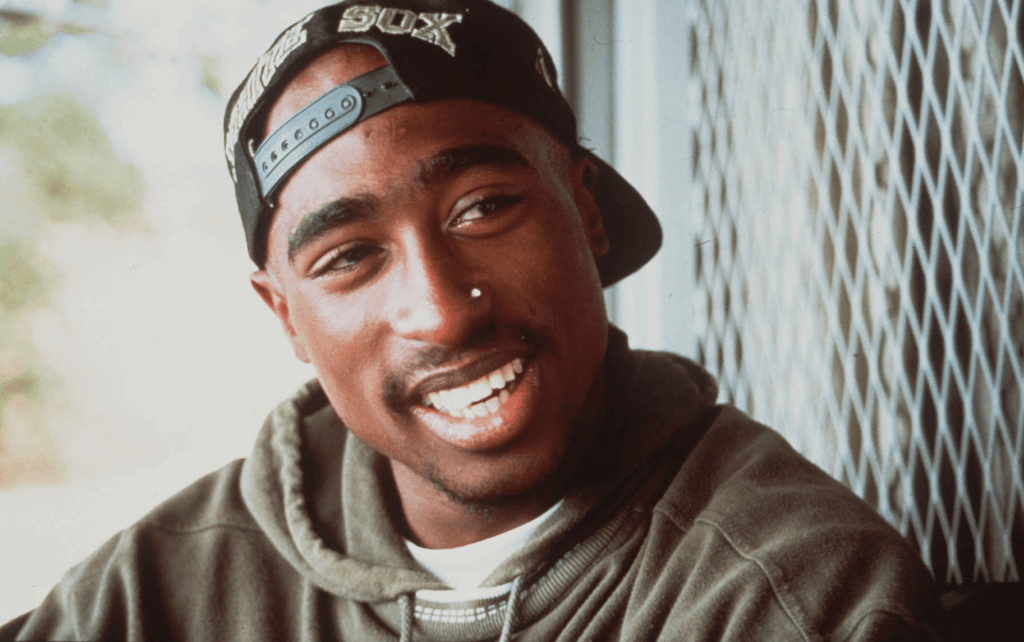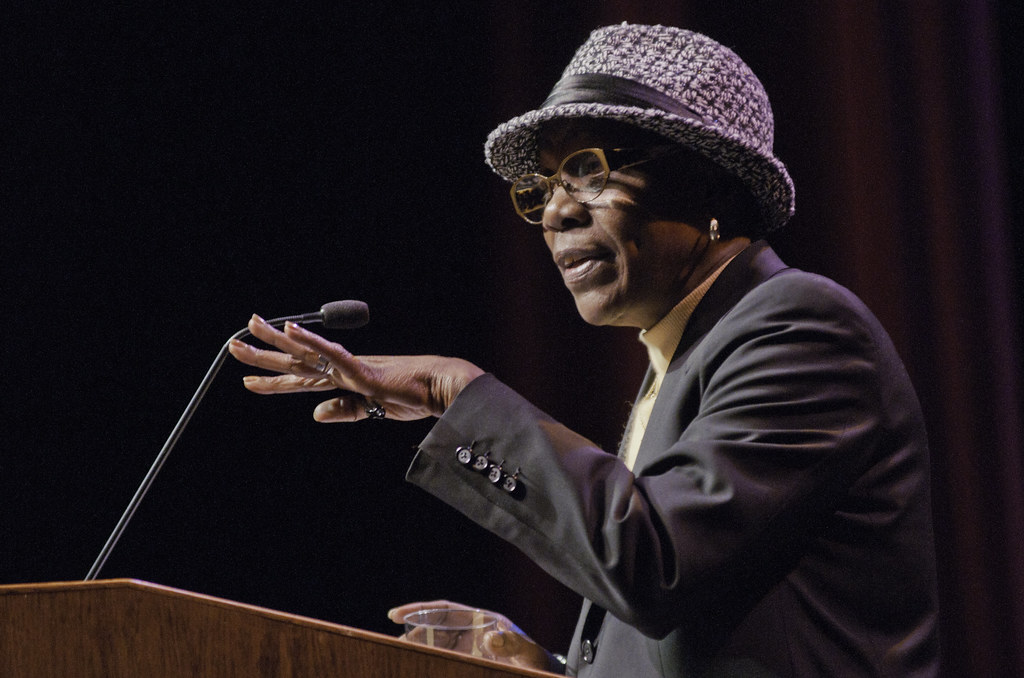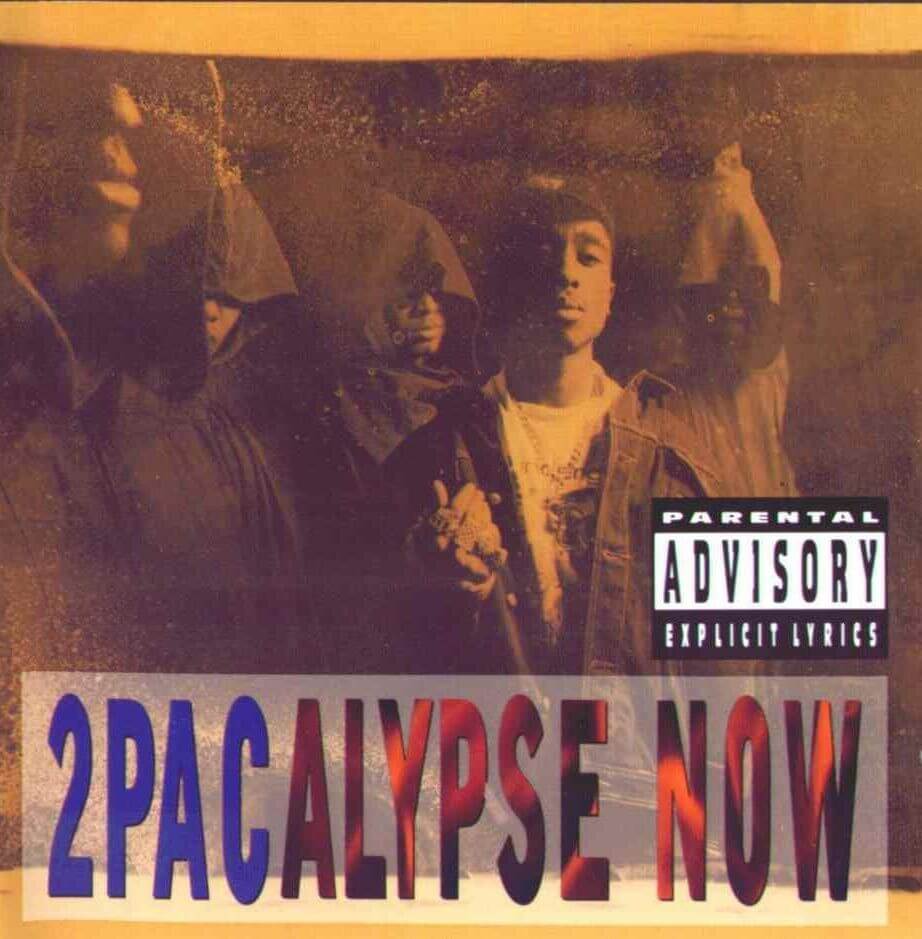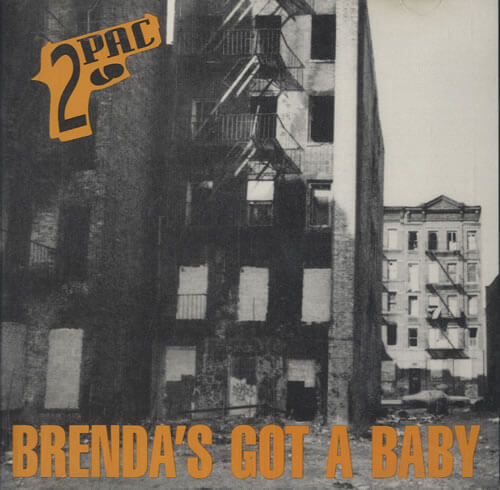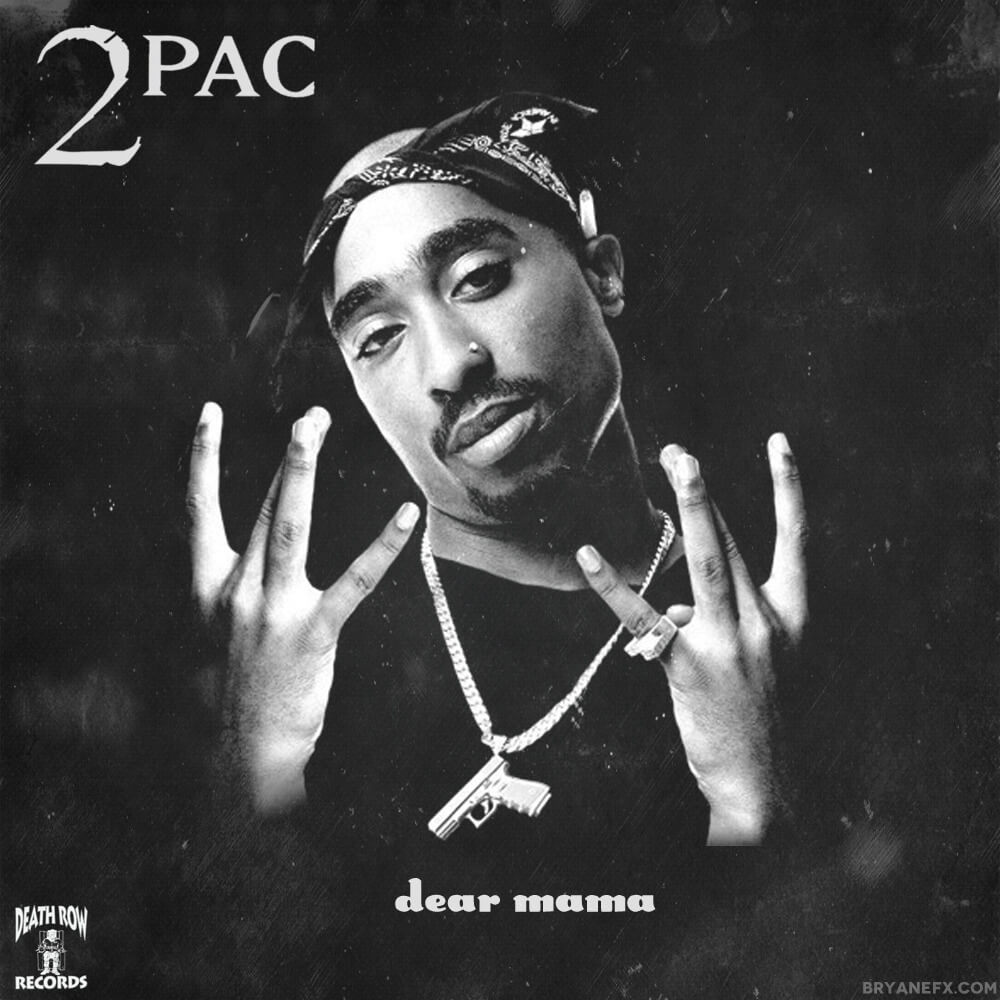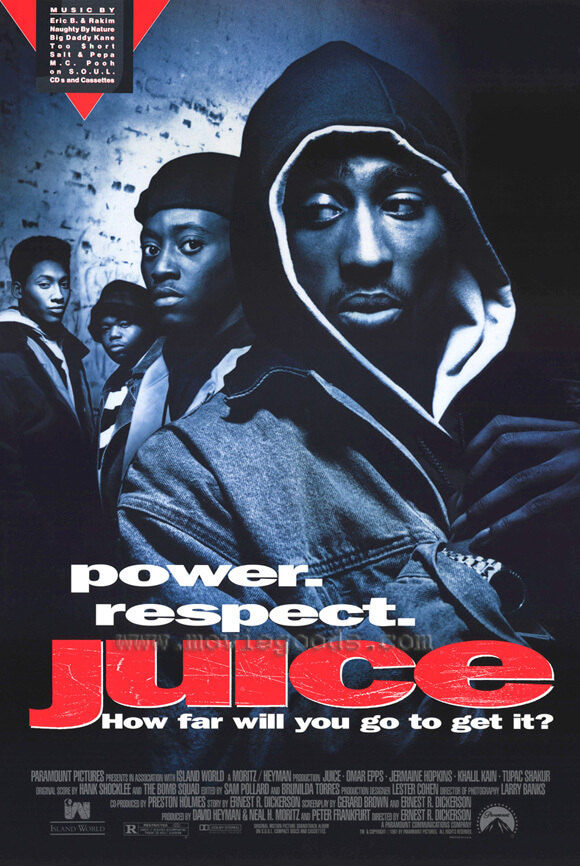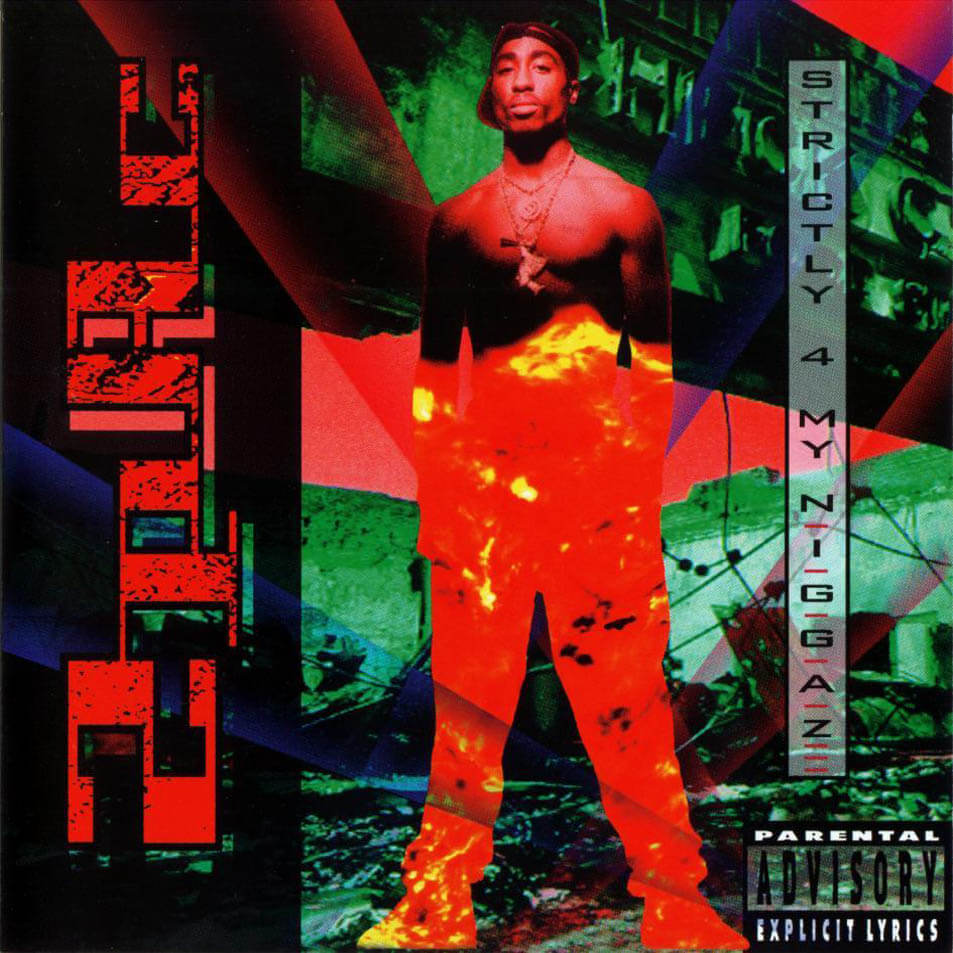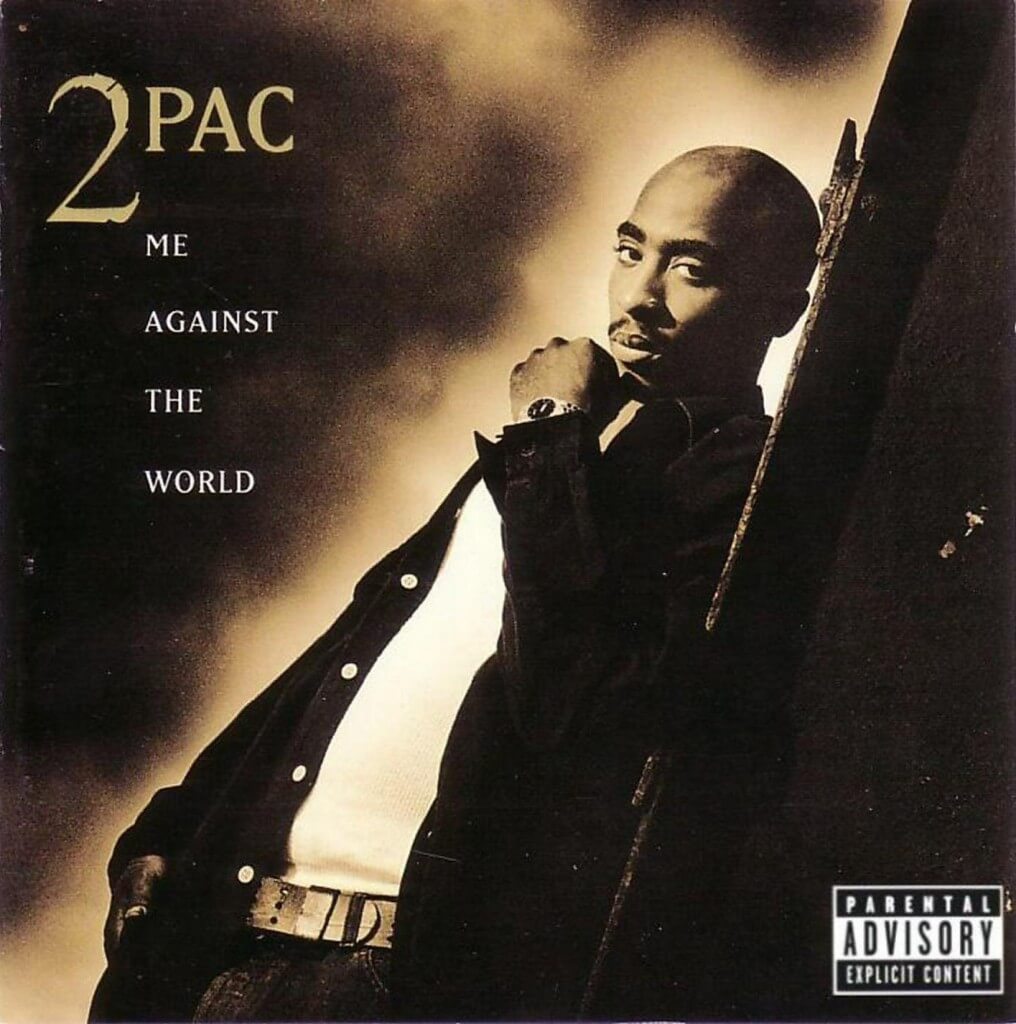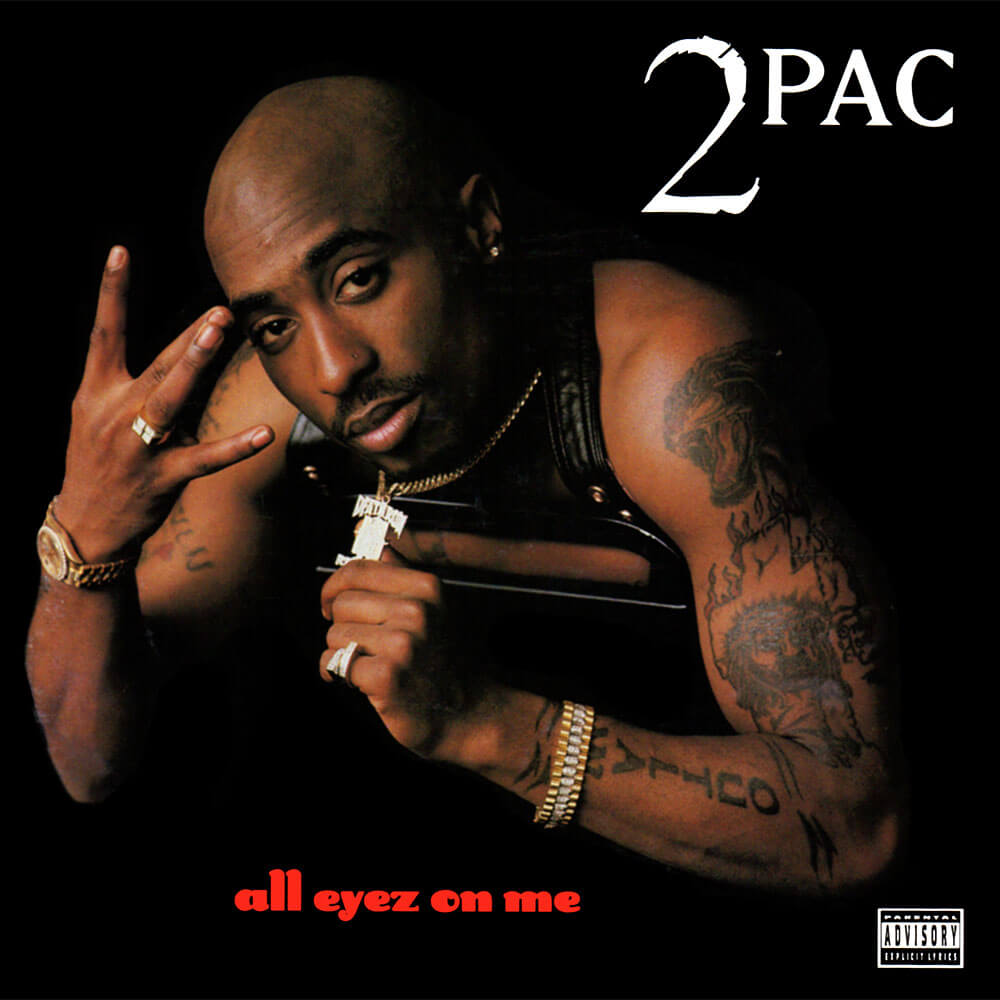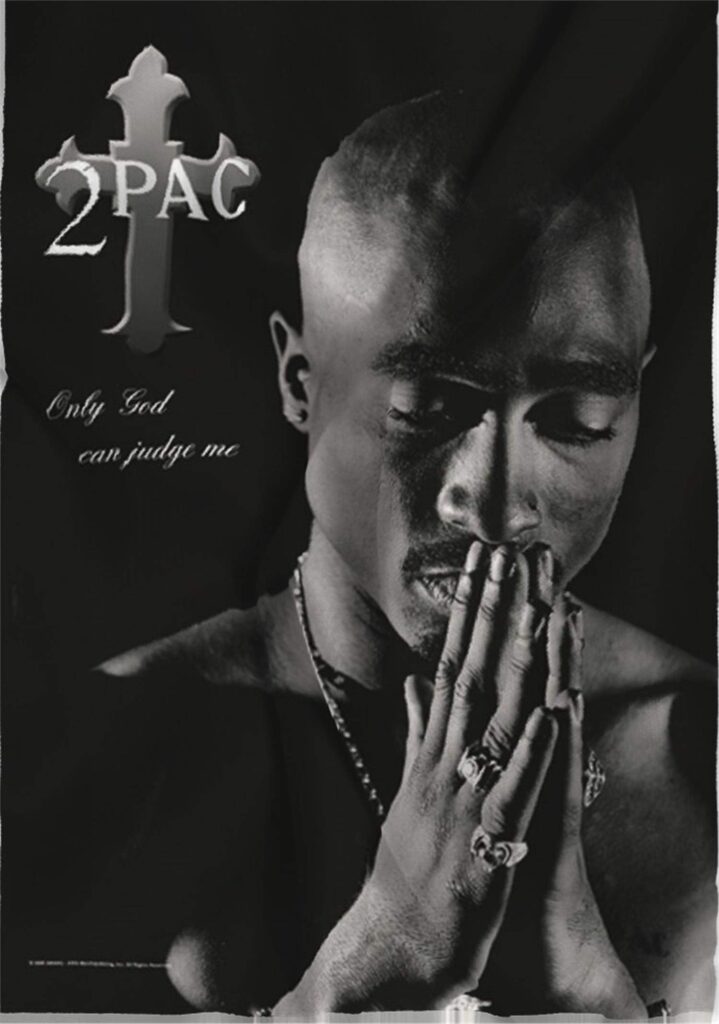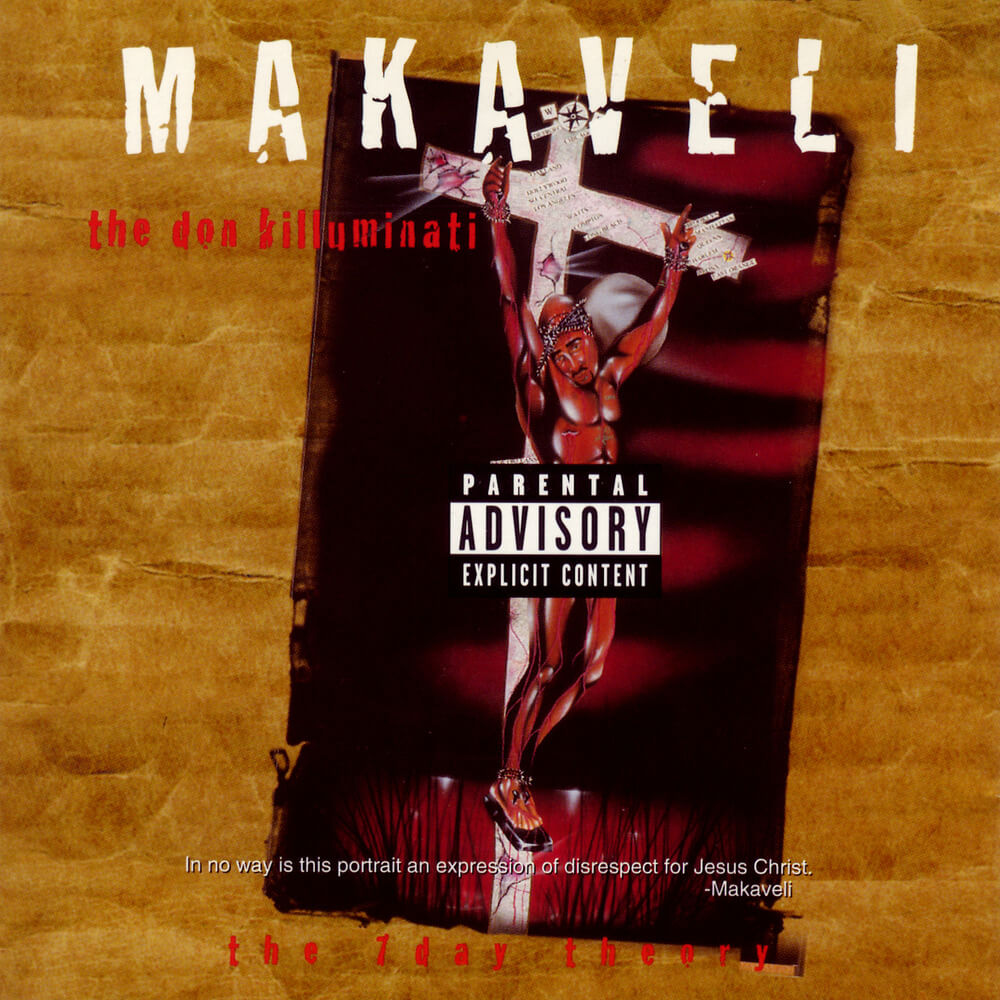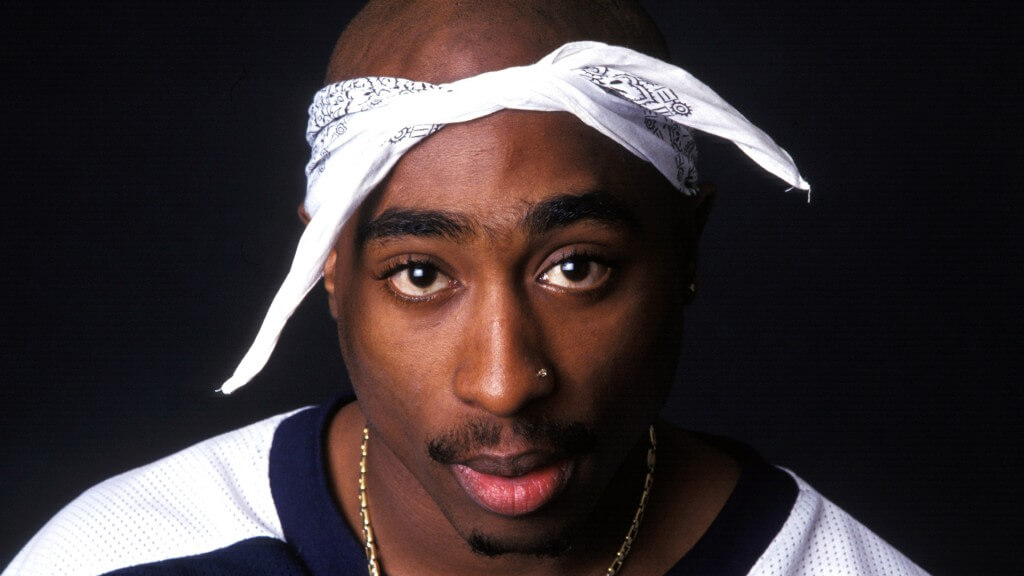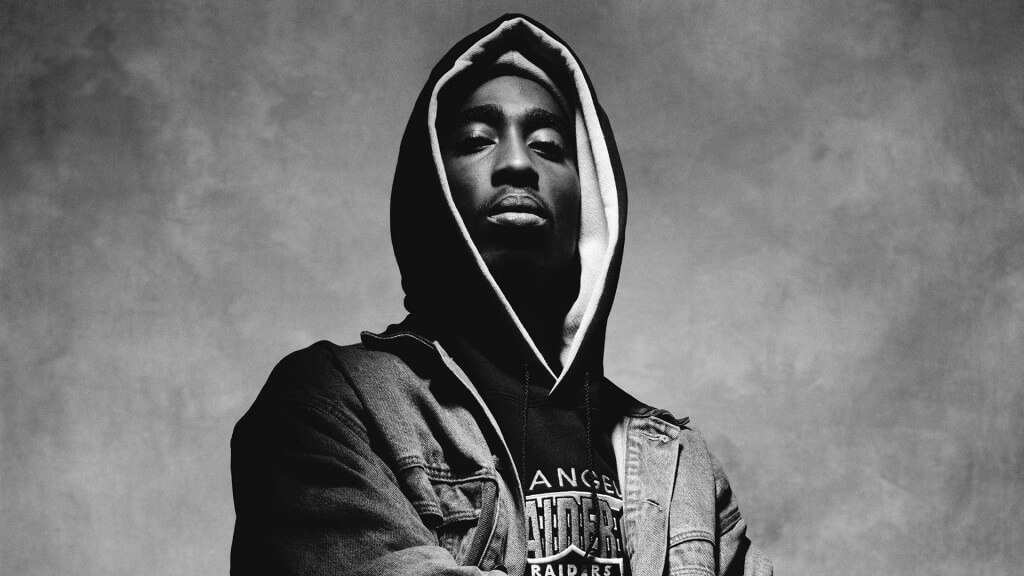
Tupac Shakur left behind a profound and lasting legacy that sparks ongoing debate and analysis. Revered as a visionary artist, Tupac’s music resonated deeply, addressing social inequality, racism, and urban struggles. Yet, his complex life and troubled background have raised questions about the nature of his legacy. This essay explores the dichotomy surrounding Tupac Shakur, examining whether he should be remembered as a prophet of social change or as a troubled figure grappling with personal demons. Tupac’s impact on the music industry was immense. His talent, lyrical prowess, and ability to capture the realities of marginalized communities made him a compelling and influential artist. Through his music, Tupac fearlessly confronted pressing social issues, shedding light on poverty, police brutality, and racial discrimination.
However, the complexities of Tupac’s personal life contribute to the dichotomy surrounding his legacy. Despite his immense cultural influence, he faced a turbulent upbringing and found himself entangled in legal issues and violence. Critics argue that these personal troubles overshadow his artistic contributions, raising doubts about his credibility as a social change advocate. Yet, it is crucial to view Tupac’s life and artistry with nuance. His upbringing and exposure to systemic injustices shaped his perspective. Tupac’s confrontational style and unfiltered lyrics reflected the anger, frustration, and desire for change that permeated his reality. Tupac’s personal struggles should not overshadow the broader impact of his music and activism. His vulnerability and authenticity made him relatable to audiences, allowing him to connect on an emotional level. Tupac’s ability to channel personal experiences into universal themes of struggle, resilience, and social justice contributed to his enduring appeal.
In examining Tupac Shakur’s legacy, it is important to recognize the multifaceted nature of his existence. He was both a visionary artist and a complex individual navigating personal demons. While his personal troubles may cast a shadow, his artistic brilliance and commitment to addressing societal issues solidify his place in history. The question of whether Tupac should be remembered as a prophet of social change or as a troubled figure is subjective, reflecting the ongoing discourse surrounding his legacy. However, the lasting impact of his music and the conversations it continues to ignite remains indisputable. Tupac Shakur’s artistry and the messages he conveyed have left an indelible mark on Hip Hop and society as a whole. The dichotomy surrounding his legacy only serves to underscore the complexity and enduring significance of his contributions.
Early Life and Influences
To comprehend Tupac’s legacy fully, it is essential to delve into his formative years and the significant influences that shaped his worldview. Tupac Amaru Shakur was born on June 16, 1971, in East Harlem, New York City. His mother, Afeni Shakur, was a prominent activist and member of the Black Panther Party. The Black Panther movement was a revolutionary organization that fought against racial oppression and advocated for the rights of African Americans. Growing up in a household deeply entrenched in the Black Panther ideology, Tupac was exposed to socio-political activism from a young age. His mother’s commitment to the struggle for equality and her determination to create a better world had a profound impact on him. Afeni instilled in Tupac a strong sense of pride in his African American heritage and a deep understanding of the injustices faced by his community.
The Black Panthers’ influence was not confined to Tupac’s home life. He witnessed the impact of their activism in his neighborhood and experienced firsthand the systemic inequalities that plagued marginalized communities. These experiences, combined with his mother’s teachings, laid the foundation for his artistic expression and activism later in life. Tupac’s early exposure to the Black Panther movement and its principles informed his understanding of race, inequality, and revolution. The Black Panthers emphasized self-determination, self-defense, and community empowerment. These ideals resonated deeply with Tupac and fueled his desire to address social issues through his art. As Tupac’s family faced numerous challenges, including poverty and periods of homelessness, he developed a keen awareness of the struggles faced by those in impoverished communities. These hardships further intensified his commitment to speaking out against societal injustices and giving a voice to the voiceless.
Tupac’s understanding of the power of words and storytelling can be traced back to his mother’s influence. Afeni, a passionate poet, nurtured Tupac’s artistic talents from an early age. She encouraged him to express himself through creative outlets, fostering his love for literature and performing arts. This early exposure to the power of artistic expression would later become a cornerstone of Tupac’s legacy. The influence of the Black Panther movement on Tupac’s artistry cannot be overstated. The Panthers’ emphasis on social consciousness and the struggle for justice resonated deeply with him. He recognized that music could be a vehicle for change and used his platform to shed light on the systemic issues plaguing his community. Tupac’s lyrics were filled with social commentary, addressing themes of poverty, racial inequality, police brutality, and the realities of inner-city life.
Tupac’s debut album, 2Pacalypse Now, released in 1991, showcased his ability to blend storytelling with political commentary. Tracks like “Trapped” and “Brenda’s Got a Baby” tackled the harsh realities of urban life, giving voice to the marginalized and shedding light on societal issues that were often ignored by the mainstream. His poignant and emotionally charged lyrics resonated deeply with listeners, transcending the boundaries of Hip Hop and connecting with a broader audience.
Tupac’s understanding of the struggles faced by marginalized communities and his desire to effect change through his music became central to his legacy. The influence of the Black Panthers’ ideology and his mother’s teachings propelled him to become a prophetic figure, using his voice and platform to shed light on societal injustices and advocate for social change. By examining his early life, we gain valuable insight into the powerful forces that shaped Tupac Shakur’s worldview and artistic vision.
Artistic Brilliance
Tupac’s music and lyrical prowess undeniably showcased his talent and ability to captivate audiences. His unique ability to blend storytelling with political commentary set him apart as a visionary artist. Through his music, Tupac provided a raw and unfiltered depiction of the realities faced by marginalized communities, shedding light on the systemic injustices that plagued society. Songs like “Brenda’s Got a Baby,” “Changes,” and “Dear Mama” stand as prime examples of Tupac’s ability to evoke empathy and ignite social consciousness.
“Brenda’s Got a Baby” told the tragic story of a young girl trapped in a cycle of poverty and despair, highlighting the struggles faced by individuals in impoverished communities. The song not only provided a voice for the voiceless but also served as a call to action, urging listeners to confront the underlying societal issues that perpetuated such tragedies.
“Changes” became an anthem for social change, addressing themes of racial inequality, police brutality, and the need for community empowerment. The song powerfully encapsulated the frustration felt by those who faced daily hardships and systemic discrimination. Tupac’s poignant lyrics painted a vivid picture of the struggles and frustrations of urban life, resonating with audiences who found solace in his unapologetic and authentic approach to storytelling.
In “Dear Mama,” Tupac showcased his vulnerability and paid homage to his mother, Afeni Shakur, while also shedding light on the struggles faced by single mothers in impoverished communities. The song served as a testament to the enduring love and sacrifices made by mothers, becoming an anthem of appreciation and acknowledgment for the often overlooked contributions of women in society.
Tupac’s ability to transcend the boundaries of Hip Hop and connect with a broader audience was a testament to his artistry and the power of his words. He possessed a unique gift for distilling complex societal issues into relatable narratives that resonated with listeners from all walks of life. His authenticity and willingness to address uncomfortable truths elevated his status as an artist who fearlessly confronted the social ills of his time. Moreover, Tupac’s artistry extended beyond his music. He was a poet, an actor, and a powerful orator. His performances on screen in films like “Juice” and “Poetic Justice” showcased his versatility and further solidified his impact on popular culture. Whether through his music or his on-screen performances, Tupac demonstrated his ability to tell compelling stories and evoke powerful emotions.
Tupac’s artistic brilliance also stemmed from his ability to convey a sense of urgency and evoke empathy in his audience. He possessed a magnetic presence and an undeniable charisma that allowed him to connect on a deeply emotional level. His performances were charged with passion and authenticity, making him a captivating performer and a true force to be reckoned with. Tupac’s artistic brilliance was evident in his music, his poetry, and his on-screen performances. His ability to blend storytelling with political commentary and address societal issues in a raw and unfiltered manner set him apart as a visionary artist. Tupac’s authenticity, vulnerability, and magnetic presence further solidified his status as a true artistic genius whose influence continues to resonate with audiences to this day.
Activism and Social Consciousness
Beyond his music, Tupac Shakur’s activism and outspokenness elevated his status as a social icon. He recognized the power of his platform and used it to shed light on pressing issues such as racial inequality, police brutality, and the struggles faced by marginalized communities. Tupac’s dedication to effecting positive change extended beyond his artistry and resonated with individuals from all walks of life.
Tupac recognized the significance of political engagement as a means to bring about social change. He actively encouraged voter registration, understanding that the power of the ballot could lead to tangible progress. Tupac believed in the importance of empowering marginalized communities to have a say in the decisions that impacted their lives. By urging individuals to exercise their right to vote, he sought to create a more inclusive and equitable society. Tupac’s activism was not limited to organizational involvement and voter registration. He consistently spoke out against racial injustice and police brutality, issues that disproportionately affected communities of color. His lyrics and public statements called for an end to systemic racism and demanded accountability from those in positions of power. Tupac’s words were unapologetically honest, often challenging societal norms and pushing for meaningful change.
Tupac’s activism went beyond mere words. He was unafraid to confront the establishment and expose the flaws and biases within the criminal justice system. He used his platform to shed light on the experiences of individuals who were unjustly targeted and victimized by the very institutions designed to protect them. Tupac’s actions and outspokenness inspired many to question the status quo and advocate for systemic reform. Tupac’s commitment to social consciousness and activism was deeply rooted in his personal experiences and the struggles he witnessed in his community. Growing up in impoverished neighborhoods, he witnessed firsthand the devastating effects of systemic inequality and the daily hardships faced by those living in marginalized communities. These experiences fueled his passion for social justice and served as a driving force behind his activism.
While Tupac’s activism garnered both praise and criticism, it undeniably had a profound impact on countless individuals. His words and actions inspired a generation to confront societal issues head-on and demand change. Tupac’s ability to connect with people from all walks of life, coupled with his unwavering dedication to speaking truth to power, solidified his status as a cultural icon and a powerful voice for the marginalized.
Tupac’s activism and social consciousness were integral components of his legacy. Tupac’s activism inspired individuals to question the status quo, challenge systemic injustices, and strive for a more equitable society. His words and actions continue to resonate with those fighting for social justice, cementing his legacy as not only an artistic genius but also a visionary activist.
Troubled Personal Life
While Tupac Shakur’s artistic brilliance and activism are widely acknowledged, it is impossible not to address the complexities of his personal life and the challenges he faced. Throughout his life, Tupac was embroiled in a series of legal battles, allegations of violence, and his involvement in the East Coast-West Coast rap rivalries. These controversies cast a shadow over his legacy and led to questions about his temperament and the authenticity of his image as a socially conscious figure.
Tupac’s troubled personal life was marked by a string of legal troubles and run-ins with the law. He faced multiple assault charges and had several encounters with the criminal justice system. These incidents not only put his freedom at risk but also raised concerns about his actions and the potential contradictions between his personal life and his role as a social activist. Tupac’s involvement in the highly publicized East Coast-West Coast rap rivalries further complicated his personal life. The feud between the two coasts, primarily represented by Tupac’s Death Row Records on the West Coast and The Notorious B.I.G.’s Bad Boy Records on the East Coast, escalated into a deadly conflict that claimed the lives of both Tupac and The Notorious B.I.G. This rivalry fueled speculation and conspiracy theories, contributing to the notion that Tupac’s personal life was entangled in a web of violence and unrest.
The controversies surrounding Tupac’s personal life and legal battles have led some to question the authenticity of his image as a socially conscious figure. Critics argue that his involvement in violent altercations contradicted his message of peace and social change. They argue that his personal struggles and entanglements with the law undermined his credibility as a spokesperson for justice and equality. However, it is important to approach Tupac’s troubled personal life with nuance and understanding. While his involvement in legal troubles cannot be dismissed, it is crucial to recognize the underlying societal factors that contributed to his circumstances. Tupac grew up in neighborhoods plagued by poverty, violence, and systemic injustice. These challenging circumstances undoubtedly influenced his behavior and decision-making.
Tupac’s personal struggles should not overshadow his contributions as an artist and an activist. Many argue that his flaws and vulnerabilities made him relatable and human. Despite his personal battles, Tupac’s music continued to resonate with millions of people, addressing social issues and providing a voice for the marginalized. Tupac himself acknowledged his imperfections and openly shared his struggles through his music. His lyrics often delved into the conflicts within his own psyche and the challenges he faced navigating the pressures of fame and the harsh realities of his environment. Songs like “Me Against the World” and “Only God Can Judge Me” showcased his introspective side, revealing a vulnerable and multifaceted individual who grappled with personal demons.
It is important to view Tupac’s troubled personal life as a part of his larger narrative rather than defining him solely by his flaws. His experiences and struggles added depth to his artistry and served as a reflection of the societal issues he aimed to address. By acknowledging the complexities of Tupac’s personal life, we gain a more holistic understanding of the multifaceted individual he was. Tupac’s personal challenges and legal troubles cannot be ignored or justified, but they should not overshadow his artistic and activist contributions.
The Complexity of Identity
The legacy of Tupac Shakur is marked by a profound complexity, as his identity encompassed various dimensions that continue to spark debate and intrigue. Central to this discourse is the question of whether Tupac should be remembered primarily as a genuine prophet of social change or as a troubled figure grappling with personal demons. Exploring the intricacies of his identity allows us to navigate this dichotomy and gain a deeper understanding of the complex legacy he left behind.
Tupac Shakur was a man of many contradictions, reflecting the complexities of the human experience. On one hand, he was a charismatic and outspoken advocate for social justice, using his platform to shed light on the struggles faced by marginalized communities. His lyrics and activism resonated deeply with a generation, addressing issues of racial inequality, police brutality, and urban struggles. Tupac’s music was a vessel for his sociopolitical commentary, serving as a powerful tool to evoke empathy and ignite social consciousness.
However, it is essential to acknowledge that Tupac’s personal life was marked by turmoil and challenges. He faced legal troubles, and allegations of violence, and was embroiled in highly publicized rap rivalries. These controversies cast a shadow over his legacy, raising questions about the authenticity of his image as a socially conscious figure. Critics argue that his personal struggles compromised his credibility and called into question the consistency between his public persona and his private actions.
To fully grasp the complexity of Tupac’s identity, we must recognize the intersectionality that defined his existence. He was not merely a musician or an activist, but a human being shaped by a myriad of experiences and influences. Tupac’s upbringing in impoverished neighborhoods, his exposure to systemic injustice, and his personal encounters with violence contributed to the complexity of his identity. These experiences undoubtedly had an impact on his choices, actions, and the struggles he faced in navigating the world. Tupac’s identity was shaped by his exploration of duality and the constant battle between light and darkness. He acknowledged his own flaws, vulnerabilities, and internal conflicts through his music. His lyrics often delved into the conflicts within his own psyche and the challenges he faced as an individual striving for personal growth and transformation. This introspective side of Tupac’s identity added depth to his artistry and made him relatable to his audience.
It is crucial to avoid reducing Tupac’s identity to a simplistic binary of either a prophet or a troubled figure. Like any human being, he was a complex amalgamation of strengths and weaknesses, successes and failures. Tupac’s legacy invites us to embrace this complexity and engage in a nuanced examination of his life and contributions. Ultimately, Tupac Shakur’s legacy transcends any singular label or definition. He was an artist, an activist, a visionary, and a human being navigating the complexities of his existence. It is through acknowledging the multifaceted nature of his identity that we can truly appreciate the impact and significance of his legacy. Tupac’s ability to channel the voice of the marginalized, coupled with his personal struggles, adds layers of depth to his artistic brilliance and underscores the challenges faced by those who seek to effect change in an imperfect world.
The complexity of Tupac’s identity lies at the heart of the debate surrounding his legacy. Understanding the various dimensions of his persona, including his role as a prophet of social change and a troubled figure grappling with personal demons, offers valuable insights into the complex nature of his impact. Tupac’s legacy challenges us to embrace the nuances of his identity and engage in a thoughtful examination of his artistic brilliance, activism, and the profound influence he had on the cultural landscape. By acknowledging the multifaceted aspects of his identity, we honor the complexity of the human experience and the enduring legacy of Tupac Shakur.
Conclusion
The legacy of Tupac Shakur is a subject of ongoing debate and analysis, fueled by the complexities of his identity and the dichotomy between his artistic brilliance and troubled personal life. While his music and activism undeniably solidify his place as a significant figure in the history of Hip Hop, questions arise about the consistency of his message and the authenticity of his image as a socially conscious figure.
The multifaceted nature of Tupac’s identity challenges us to navigate the intricacies of his legacy. He was a charismatic advocate for social justice, using his platform to address issues of racial inequality, police brutality, and urban struggles. His lyrics and activism resonated deeply with audiences, sparking empathy and social consciousness. However, his personal life was marred by legal troubles, allegations of violence, and involvement in rap rivalries, casting a shadow over his image and raising doubts about the integrity of his message.
Yet, it is crucial to approach Tupac’s legacy with nuance and understanding. The complexity of his identity, shaped by his upbringing and personal experiences, adds layers of depth to his artistic brilliance and activism. Tupac’s flaws and vulnerabilities should not overshadow his contributions as an artist and activist. His struggles were rooted in the challenging circumstances of his upbringing, and his ability to openly address them through his music made him relatable to many.
Despite the controversies surrounding his personal life, the enduring impact of Tupac’s music, activism, and societal resonance cannot be denied. His lyrics continue to inspire, provoke thought, and ignite conversations about social justice. Tupac remains an influential figure whose legacy transcends the boundaries of Hip Hop, leaving an indelible mark on popular culture and inspiring generations to confront societal issues and strive for change.
In the end, the legacy of Tupac Shakur is a complex tapestry that intertwines artistic brilliance, activism, personal struggles, and societal resonance. While it may be challenging to reconcile the various facets of his identity, it is important to recognize the enduring impact he has had on the cultural landscape. Tupac’s music and activism continue to inspire and provoke contemplation, reminding us of the power of art and the complexities of the human experience.
As we reflect on the legacy of Tupac Shakur, we are reminded that no individual is without flaws or contradictions. It is through embracing the nuances of his identity that we can fully appreciate the profound impact he had on music, activism, and the collective consciousness. Tupac’s enduring legacy serves as a reminder that true artistry and social change often emerge from the depths of complexity, transcending the limitations of one’s personal struggles and leaving a lasting imprint on the world.
